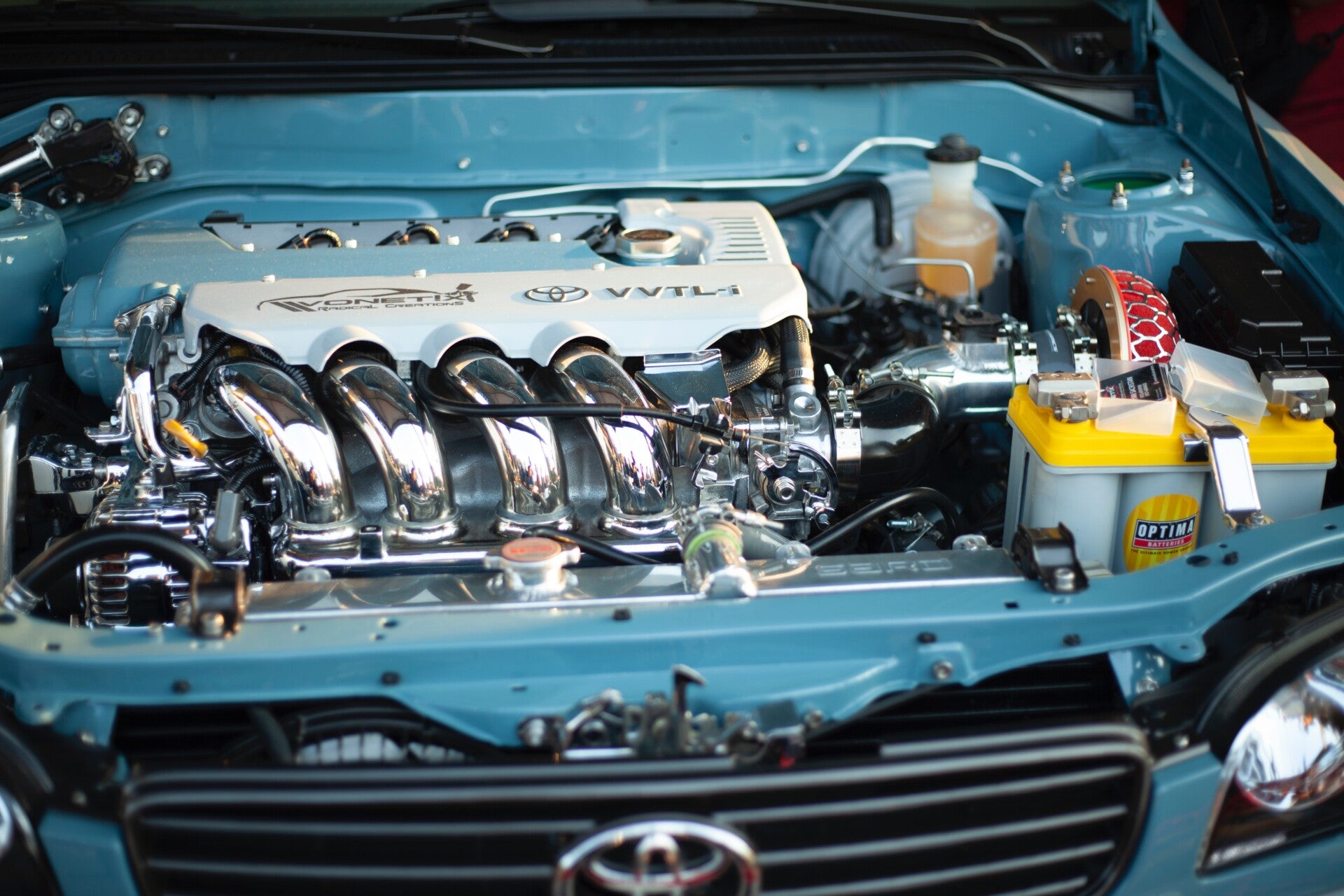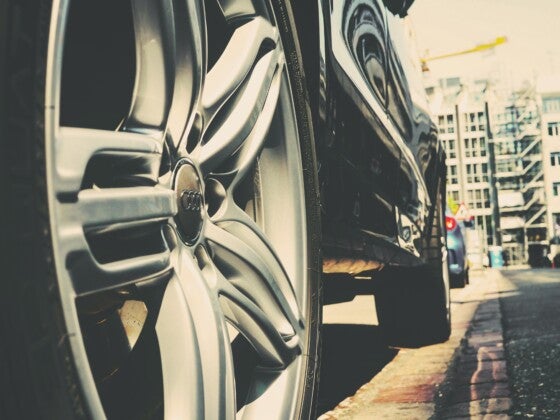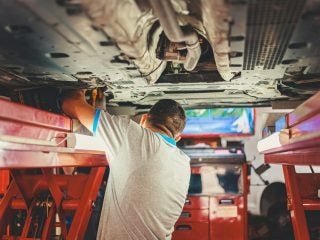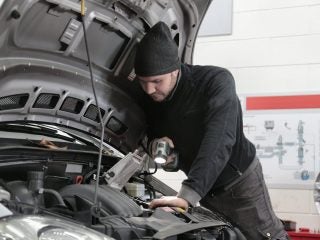New vehicles are reliable, a mode of transportation you can count on. However, purchasing a new one every few years can put a strain on your budget. The good news is that you can extend the life of your vehicle by performing regular maintenance.
Opting for the Extended Warranty
Many people who purchase a new vehicle opt out of the extended warranty due to the added cost. Unfortunately, this can lead to costly repairs down the road, which is one of the reasons people trade in vehicles within a 4 to 6-year time frame. If you consider the added coverage that may include access to 24/7 roadside assistance, free battery replacements, rental cars, and bumper-to-bumper coverage for up to a set number of miles, it may prove to be worth the investment to get an extended auto warranty.
Quality Parts Matter
Regular maintenance such as oil and filter changes, brakes and rotors, and changing fluids are critical not only to performance but also to the life of your vehicle. Using premium synthetic oil will prevent friction and reduce sludge from getting into the engine. This will allow your vehicle to improve performance and mileage and extend the life of the engine. When it comes time to replace parts like brakes, rotors and tires, quality matters. Using manufacturers’ parts or high-quality aftermarket performance parts from a trusted brand is beneficial.
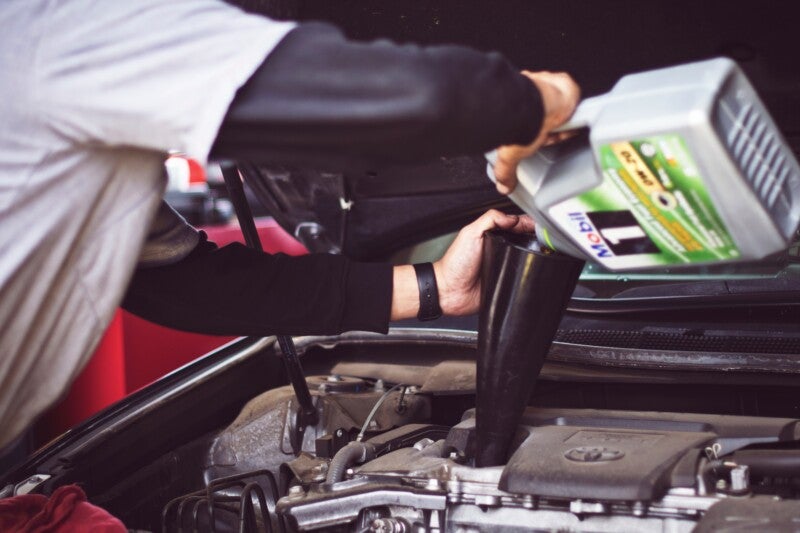 Caring for the Exterior of Your Car
Caring for the Exterior of Your Car
Regular washing to remove road dirt, salt, tree sap, and bugs can prevent damage to your vehicle’s exterior, extend its life, and help maintain a healthy resale value. Applying a coat of wax after each washing will prevent the paint from fading and the metal frame from corrosion. Covering it during inclement weather or keeping it in a garage will also help to preserve its appearance.
Air in Your Tires
It’s important to keep the recommended amount of air in your tires. The owner’s manual provides this information. Check the air pressure before heading on long road trips and at least once a month. Low air pressure can cause a tire to blow out, causing an injury, reduce gas mileage, and create uneven wear and tear.
Driver Role in Vehicle Life
Not everyone drives the same. An aggressive drive puts more stress on a vehicle’s parts and can cause compromise to performance over time. Higher speeds not only put you at risk for an accident but also increase the likelihood of frequent replacement parts. Accelerating too fast will only cause the engine to work harder, reducing performance and increasing wear and tear.
The Importance of Tune-Ups
Most manufacturers of newer vehicles recommend tune-ups every 30,000 to 100,000 miles and for older vehicles annually or every 10,000 to 12,000 miles. Spark plugs, PVC valves, fuel filters, air filters, and various fluid changes are some of the items included in a tune-up. A dirty air filter can rob you of performance, send particles to the engine that can result in costly damage, and decrease gas mileage. Spark plugs will also affect performance negatively and can lead to damage to converter parts.
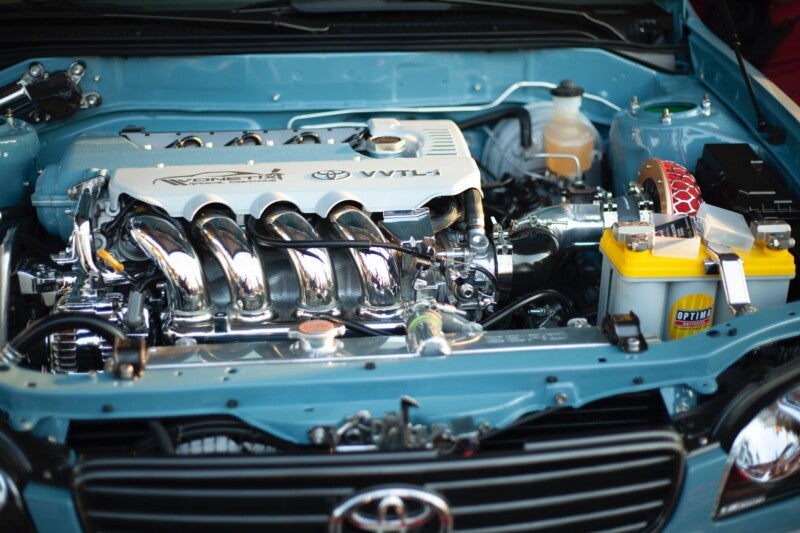 Wheel Alignments
Wheel Alignments
Keeping the vehicle wheels aligned will promote safety for you and your passengers, keep it driving smoothly, improve gas mileage, and tire wear. Roads may contain bumps, potholes, and uneven surfaces that, over time, contribute to a deterioration of the car’s suspension. Since the suspension ties in directly to the wheels, it can make it difficult to hold the steering wheel straight and keep the car on the road. A good rule to follow is when you change your tires or get into an accident, schedule a wheel alignment.
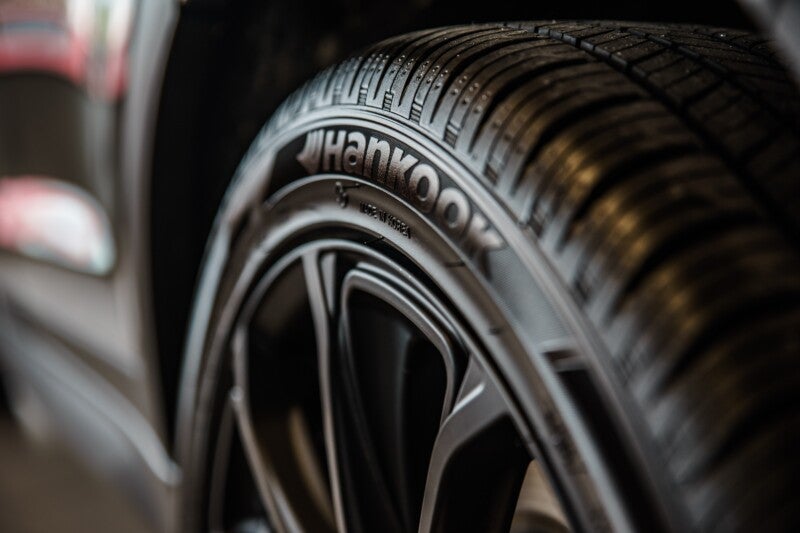 You can extend the life of your vehicle by performing regular maintenance, using high-quality parts, and driving responsibly.
You can extend the life of your vehicle by performing regular maintenance, using high-quality parts, and driving responsibly.




